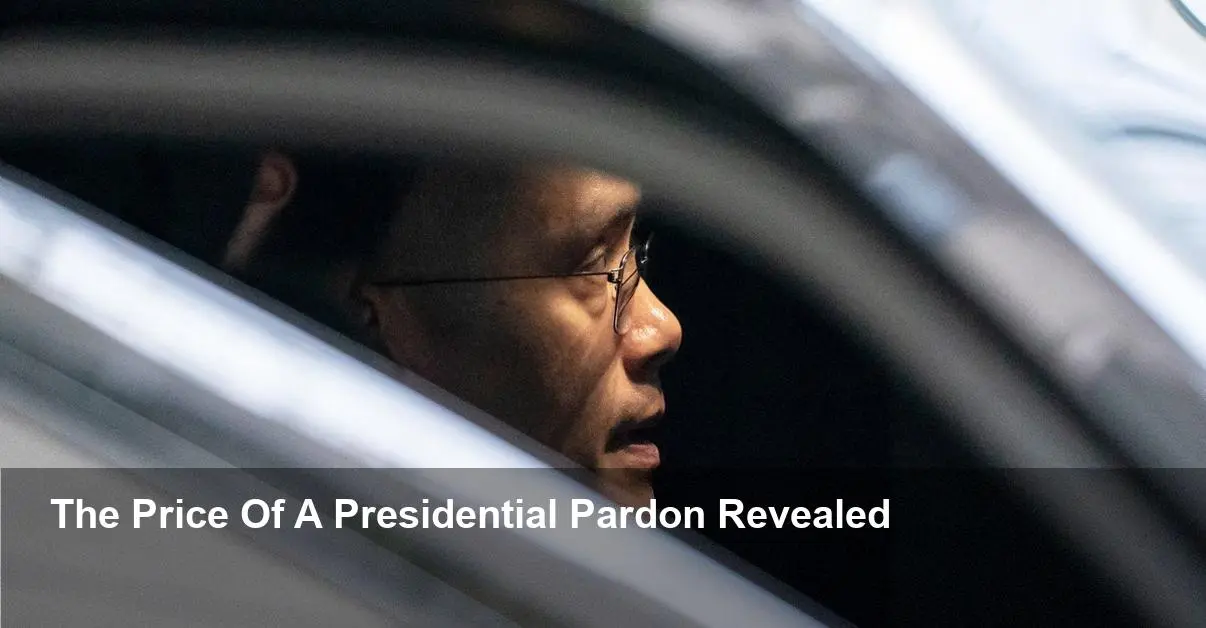- President Donald Trump has granted a pardon to Changpeng Zhao (CZ), the billionaire founder of Binance, who was convicted of anti-money-laundering violations.
- The clemency follows a multi-million dollar financial benefit to the Trump family through a crypto startup with reported ties to Binance.
- Critics and legal experts describe the pardon as an alarming escalation of Trump using presidential power to reward loyalty and personal financial interests.
- Zhao’s pardon came after a months-long, high-profile lobbying campaign targeting the White House and Trump’s inner circle.
Trump Grants Clemency to Binance Founder Amid Controversy
In a move that has sent shockwaves through political and financial circles, President Donald Trump this week pardoned Changpeng Zhao, the founder and former CEO of the world’s largest cryptocurrency exchange, Binance. The decision has ignited a firestorm of criticism, with many pointing to it as a stark example of presidential power being wielded for personal and political gain.
Zhao pleaded guilty in 2023 to federal charges for failing to implement an effective anti-money-laundering program at Binance. The company was hit with a staggering $4.3 billion penalty and agreed to completely exit the U.S. market. Former Treasury Secretary Janet Yellen noted the company’s “willful failures” allowed illicit transactions involving terrorist groups like al-Qaeda and the Islamic State, cybercriminals, and child abusers to flow through the platform.
A Pardon with a Price Tag?
The timing and context of Zhao’s pardon have raised serious questions about the motives behind it. The clemency comes after a deal that could generate tens of millions of dollars for the Trump family. Reports indicate that Binance helped develop the code for a stablecoin issued by World Liberty Financial, a crypto startup co-founded by Trump’s three sons.
In May, an Emirati-backed firm invested $2 billion into Binance using that very stablecoin, causing its value to skyrocket and creating a significant potential windfall for the Trumps and their business partners. While the White House has denied any connection, the timeline has led many to believe the pardon was a quid pro quo.
A Calculated Campaign for Clemency
Zhao did not wait for fortune to find him. He launched a “monthslong effort to lobby the White House,” hiring lawyers and lobbyists with deep connections to the Trump administration. This included Teresa Goody Guillén of BakerHostetler, who also represents the Trump-linked World Liberty Financial. This network reportedly extended to lobbyists who are hunting buddies with Donald Trump Jr., creating a direct line to the president’s family.
The effort seemingly paid off, even if the president appeared unfamiliar with Zhao himself, referring to him in a press briefing as “the crypto person” who was “recommended by a lot of people.”
A Pattern of Politicized Pardons
Legal experts argue that Zhao’s pardon is part of a broader, troubling pattern. Lee Kovarsky, a law professor at the University of Texas, explained that Trump’s pardons often serve two purposes: rewarding political allies and industries he wants to keep happy, and “venality”—pardoning those who provide direct or indirect financial benefits.
This pardon is seen as serving both ends. It’s an overture to the crypto industry, a community Trump has courted, and a direct response to a deal that enriched his family. This follows other controversial grants of clemency, including for January 6 rioters and Ross Ulbricht, founder of the Silk Road dark web marketplace.
“Trump wants everybody to see what the returns on loyalty are,” Kovarsky stated. By making it clear that clemency has a price, the president is charting a path to mercy for anyone who has the means to pay it.
Image Referance: https://www.theatlantic.com/newsletters/archive/2025/10/trump-crypto-pardon-changpeng-zhao/684699/
